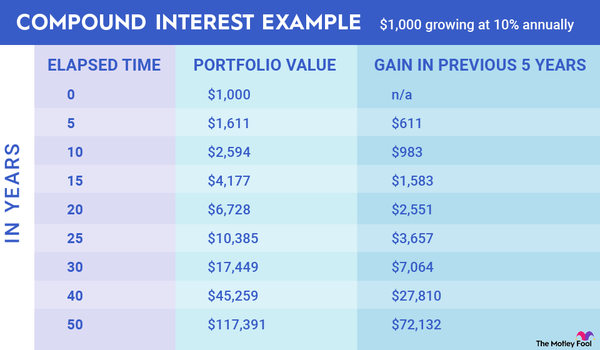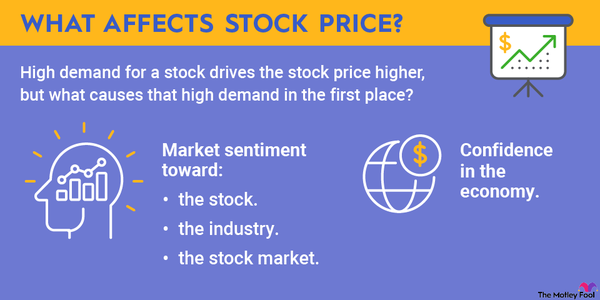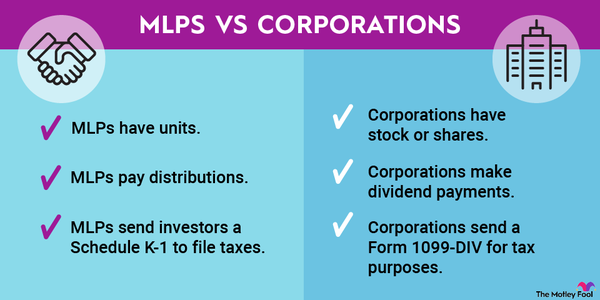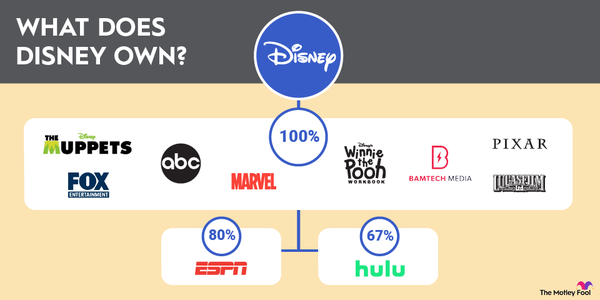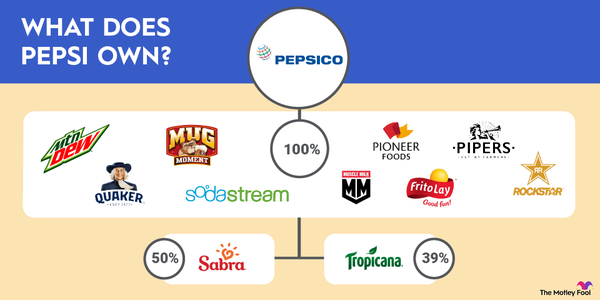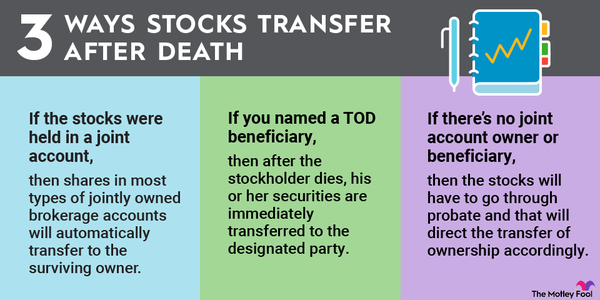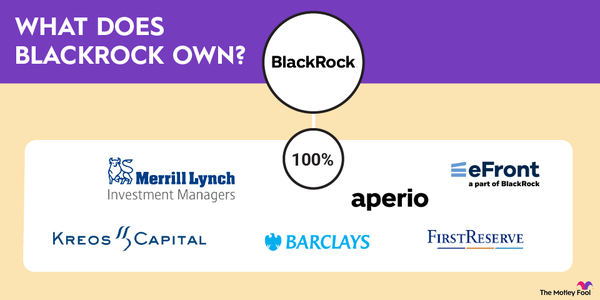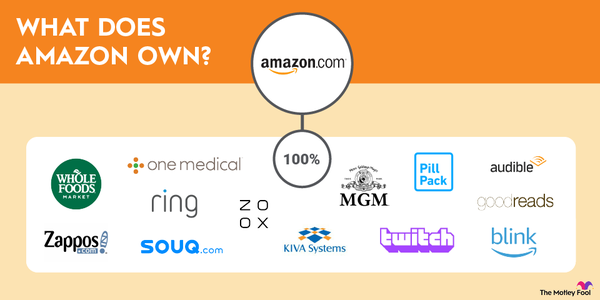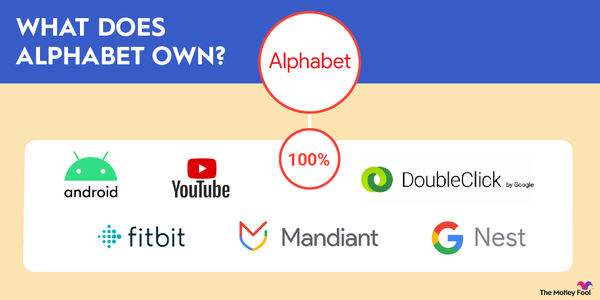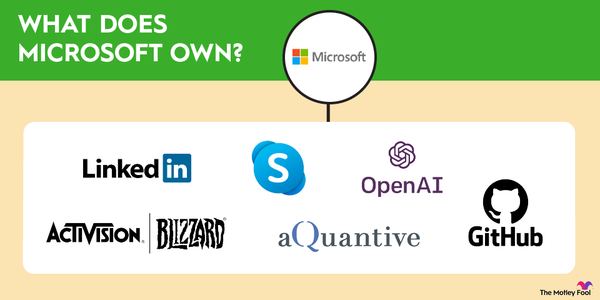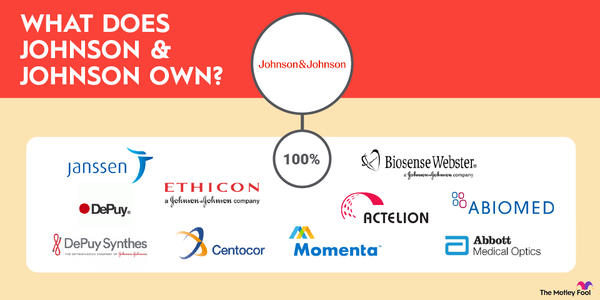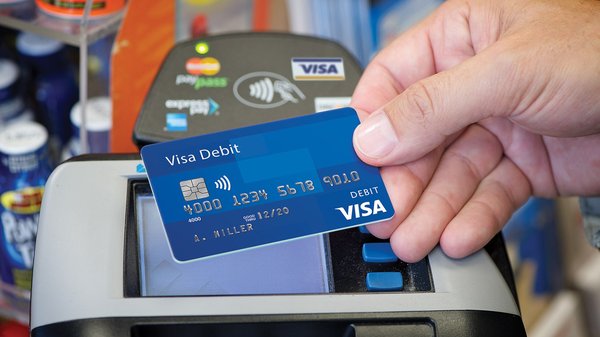FedNow is a real-time payment and settlement service developed by the Federal Reserve to enable financial institutions of all sizes to provide safe and efficient instant payment services.

FedNow aims to enable instant, 24/7 payments between financial institutions, enhancing the speed and efficiency of payment processing. It acts a bit like an arm of the Federal Reserve that implements technology originally created in the private sector via fintech companies to process transactions immediately.
Fintech
Publicly traded?
Is FedNow publicly traded?
FedNow is a service developed by the Federal Reserve and is not publicly traded, so you cannot buy FedNow shares directly. However, several publicly traded companies provide related services and infrastructure.
Will it IPO?
When will FedNow IPO?
FedNow is highly unlikely to conduct an initial public offering (IPO), considering it's a service of the Federal Reserve. If you want to invest in the IPO of a company in the digital payments and transactions space, keep an eye on the upcoming IPO calendar.
IPO
How to invest
How to gain exposure to FedNow
FedNow is owned by the Federal Reserve, so it's unavailable for direct stock purchase. However, there are several companies whose stocks might benefit from the widespread adoption of real-time payments.
Here are some companies you can invest in that are related to FedNow:
Fiserv
Fiserv (FI -1.18%) is a leading global provider of financial services technology. It offers solutions in payment processing, financial risk management, and data analytics.
Fiserv plays a significant role in the payment infrastructure, which is directly impacted by innovations like FedNow. The company's technology platform and commitment to improving payment efficiency align closely with FedNow's objectives.
Jack Henry & Associates
Jack Henry & Associates (JKHY -1.14%) is a notable player in the fintech sector. It provides payment processing services to many regional banks and credit unions. The company was an early adopter of the FedNow platform and has reported an increase in transaction volume for the service.
Amazon
Amazon (AMZN -2.58%) Web Services (AWS), an Amazon subsidiary, stands out in the cloud computing domain, offering scalable cloud infrastructure and services. It provides the majority of the "plumbing" for large corporations and government entities using large amounts of data in the U.S.
As many financial institutions rely on AWS for their back-end systems, the company's cloud solutions could play a major role in supporting the infrastructure needed for FedNow.
If you're interested in buying shares of the companies listed above or any other publicly traded company, follow these steps:
Step 1: Open your brokerage app and log in to your account where you handle your investments.
Step 2: Search for the stock. Enter the ticker or company name into the search bar to bring up the stock's trading page.
Step 3: Decide how many shares to buy. Consider your investment goals and how much of your portfolio you want to allocate to this stock.
Step 4: Select the order type. Choose between a market order to buy at the current price or a limit order to specify the maximum price you're willing to pay.
Step 5: Submit your order. Confirm the details and submit your buy order.
Step 6: Review your purchase. Check your portfolio to ensure your order was filled as expected and adjust your investment strategy accordingly.
Profitability
Is FedNow profitable?
FedNow is a service of the Federal Reserve, which posted a $114.3 billion loss in 2023. As of this writing in March 2025, the Fed has yet to release its 2024 financial results. However, the Fed doesn't release profits and losses specific to FedNow.
Should I invest?
Should I invest in FedNow-related stocks?
Investing in stocks related to FedNow could make sense, depending on your personal circumstances and investment strategy.
Here are some reasons you might consider investing in FedNow-related stocks:
1. You believe the demand for digital payments will grow, but you're not into crypto
If you expect continuous growth in the demand for digital and real-time payments, companies related to FedNow, such as Fiserv, ACI Worldwide (ACIW -1.8%), and Mastercard (MA -0.66%), can be solid long-term investments. While cryptocurrency is a popular form of digital asset, digital payments serve a different function by facilitating financial transactions in a timely and orderly manner.
Digital payment systems like FedNow aim to speed up payment processing without creating a new form of currency. The Fed has stated that FedNow is not intended to be a digital currency or to replace any type of currency, including cash.
2. You want to diversify your investments in the financial sector
Investing in companies that provide a wide range of financial services and payment solutions can help balance your portfolio and provide multiple revenue streams. Depending on whether the company pays a dividend, this could be for both growth-oriented and income-oriented investors.
Here are some reasons you might not want to invest in FedNow-related stocks.
1. You're concerned about market saturation and too much competition in fintech
The financial technology sector is highly competitive, with numerous established players, such as PayPal (PYPL -2.68%) and Block (NYSE:SQ), and a constant stream of new entrants. This intense competition makes it challenging for companies to maintain a competitive edge.
If these companies struggle to differentiate themselves and capture significant market share, they may not produce high returns for investors.
2. You're looking for recession-resistant investments
Companies in the fintech sector tend to be especially sensitive to economic downturns, fluctuations in interest rates, and changes in consumer spending. For example, people spend less money during a recession, often leading to lower demand for services like payment processing.
3. You want high-risk, high-return investments
Even though the digital payment industry is moving quickly, many more established players will not have the same upside (or downside) potential of higher-risk investments, such as penny stocks, cryptocurrency, trading options, and other exotic financial products.
ETF options
ETFs with exposure to FedNow
Because FedNow isn't a publicly traded company, you won't find it listed among any exchange-traded fund (ETF) holdings. However, many ETFs include companies that provide similar services. Here are a few options:
| ETF Name | Focus | Net Assets | Expense Ratio |
|---|---|---|---|
| ARK Fintech Innovation ETF (NYSEMKT:ARKF) | Focuses on fintech innovations, including digital payments and mobile banking companies like Square and PayPal | $1.05 billion | 0.75% |
| Global X FinTech ETF (NASDAQ:FINX) | Invests in companies involved in financial technology, including payment processors and financial software firms | $306.85 million | 0.68% |
| Amplify Digital Payments ETF (NYSEMKT:IPAY) | Narrow focus on mobile payments, including major players like Visa, Mastercard, and Square | $301.82 million | 0.75% |
| Amplify Transformational Data Sharing ETF (NYSEMKT:BLOK) | Focuses on blockchain technology, which underpins many digital payment systems | $709.65 million | 0.73% |
| iShares Cybersecurity and Tech ETF (NYSEMKT:IHAK) | Includes companies that provide cybersecurity for financial transactions, crucial for digital payments and fintech | $929.44 million | 0.47% |
Related investing topics
The bottom line on investing in FedNow
FedNow is a payment platform operated by the Federal Reserve. However, the digital payments and fintech industry has plenty of options for investing in companies providing a similar service to FedNow and those that will benefit from the rise of digital payments.
FAQ
Investing in FedNow FAQ
Can I buy stock in the Federal Reserve?
You cannot buy stock in the Federal Reserve. The Federal Reserve is the central bank of the United States and is not a publicly traded entity. It mostly operates independently of the government, and its primary functions are to manage monetary policy, regulate banks, maintain financial stability, and provide banking services to depository institutions and the federal government.
Can individuals use FedNow?
Consumers and businesses will access the FedNow service via their bank's or credit union's mobile app or online banking platform. Its purpose is to speed up the financial ecosystem as a whole. It's important to note that the Fed has stipulated that it won't work directly with individuals. Instead, it will be up to banks to decide whether to offer the service to individuals.
Who is the owner of FedNow?
The FedNow service is owned and operated by the Federal Reserve. Although the Federal Reserve is technically an independent bank, the Federal Reserve System is subject to congressional oversight.
Can I invest in FedNow?
You cannot directly invest in FedNow since it is a service provided by the Federal Reserve, which is not a publicly traded entity. However, you can invest in companies that will likely benefit from or contribute to the FedNow infrastructure, such as financial technology and payment processing companies.













